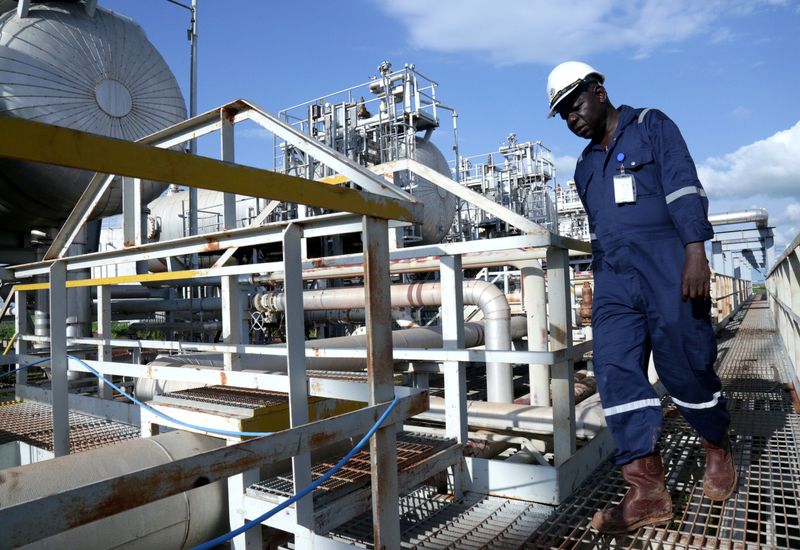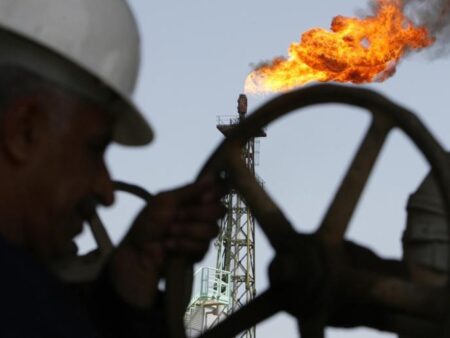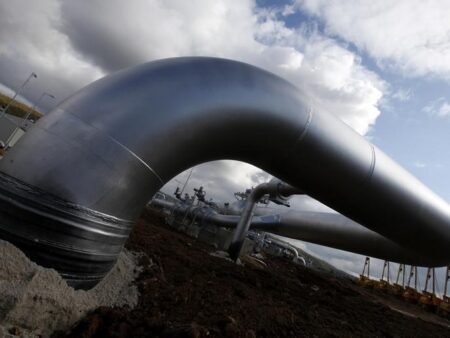NAIROBI (Reuters) -South Sudan and Sudan have made progress towards restarting the pumping of South Sudan’s through a pipeline running to a port in its neighbour, South Sudan’s finance minister and the president’s office said.
WHY IT’S IMPORTANT
The exports are a crucial source of revenue for South Sudan and Sudan takes a cut of the oil as a transit fee.
The main pipeline carrying oil from South Sudan through Sudan for export was halted in February because of damage stemming from a war between Sudan’s army and the Rapid Support Forces.
Analysts say the damage is leading to serious environmental contamination and that the stoppage has contributed to higher food prices in Sudan, where millions face extreme hunger.
KEY QUOTES
“Sudanese engineers have accomplished the necessary technical preparations for the resumption of oil production,” South Sudan President Salva Kiir’s office said in a statement late on Monday after a meeting in Juba between Kiir and Sudan’s army chief Abdel Fattah al-Burhan.
“Engineers from South Sudan are expected to visit Sudan in the coming weeks to familiarise themselves with the readiness of the facilities so as to jump-start production.”
“There has been a breakthrough, and (news of) it will come to public very soon,” South Sudan’s Finance Minister Marial Dongrin Ater told a news conference late on Monday.
Burhan’s office said the two sides would develop an operational plan to restart oil flows.
CONTEXT
South Sudan’s economy has been under pressure in recent years amid communal violence, with crude oil export revenue having dwindled since a 2013-2018 civil war and more recently export disruptions due to war in neighbouring Sudan.
BY THE NUMBERS

South Sudan had been sending about 150,000 barrels per day of crude through Sudan for export, under a formula established when South Sudan gained independence from Khartoum in 2011, taking most oil production with it.
At its peak before the civil war, South Sudan’s crude oil production stood at 350,000 to 400,000 barrels per day.

















